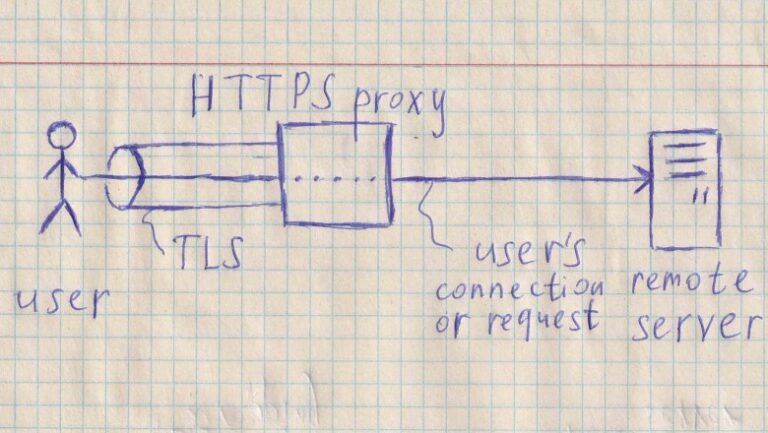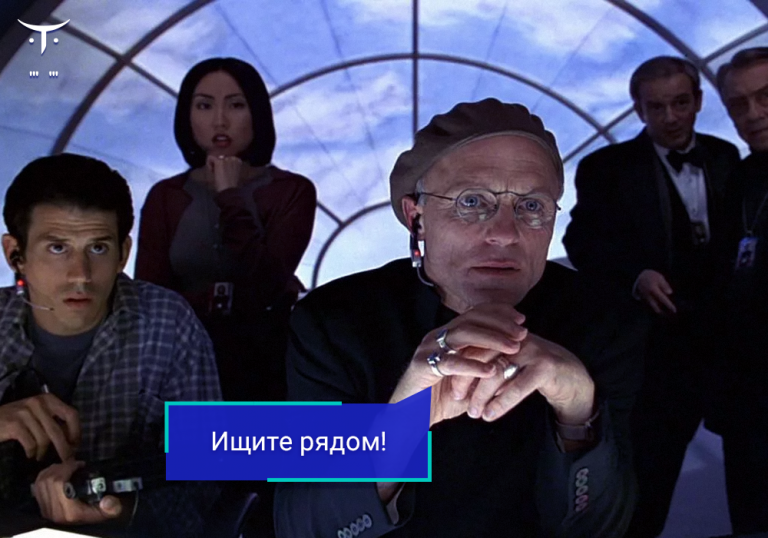Google founder Larry Page turns 50
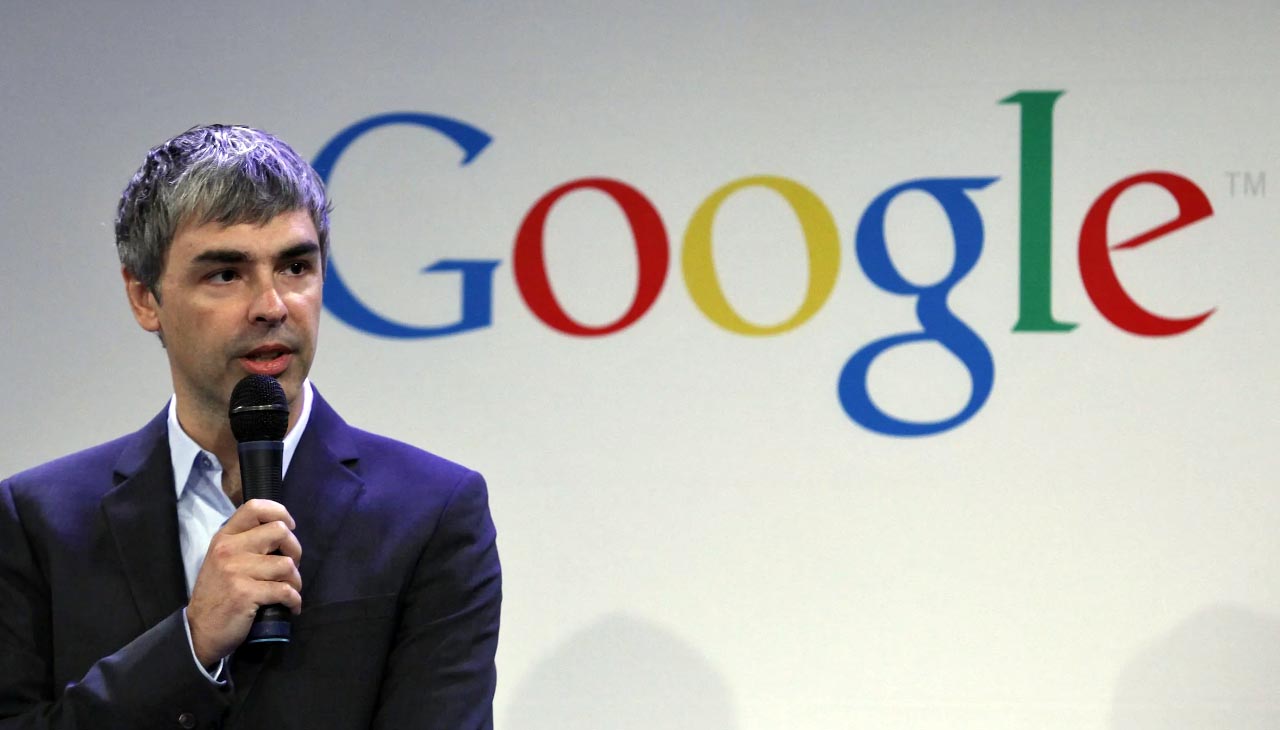
In 1973, many important events took place in the world. The Soviet research apparatus Lunokhod-2 went flying to the Moon, and four automatic stations went to Mars, the TV series Seventeen Moments of Spring was shown for the first time on central television, and the rock band AC / DC appeared in Australia. And on March 26, 1973, Lawrence Edward Page was born in Lansing, Michigan, a man without whom the modern IT industry would look completely different. Today he turns 50 years old.
Larry Page has been dealing with computers since childhood – his father, Carl Victor Page, Sr., received a PhD in computer science from the University of Michigan and taught computer science there as a professor, and Larry’s mother lectured on programming at Lansing’s Lyman Briggs College. Page later recalled in numerous interviews that at his parents’ house “
there were computers, technical books and popular science magazines everywhere
“. That is, from early childhood, he had an excellent opportunity to satisfy his craving for computing: Larry said that he remembers how he spent a huge amount of time studying this literature.
In addition to the exact sciences, Larry showed a penchant for music – his parents assigned him to a local music school, where the young talent learned to play the flute and saxophone, and in the summer they sent him to the Interlochen Arts Camp for young musicians in Interlochen, Michigan. Larry became interested in computers at the age of six – he was the only child in the class who knew how to type text in a text editor, and when he was a little older, he began to disassemble his parents’ computers to see how they were arranged from the inside. At the same age, he began to take an interest in finance and business. As Page later recalled,At about 12 years old, I decided that sooner or later I would become the founder of my own company.“.
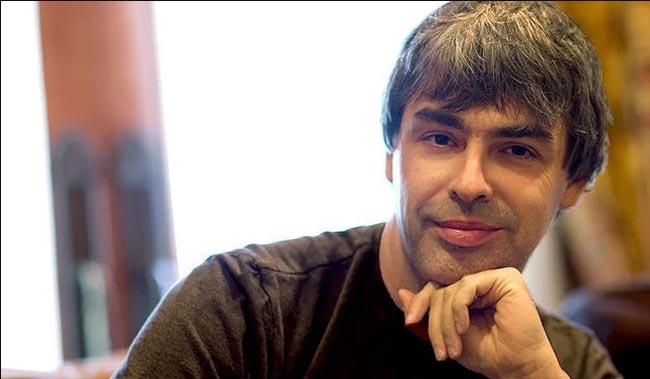
After graduating from high school in 1991, Page entered the University of Michigan, where his father taught, in the computer engineering department, where he received a bachelor’s degree in 1995. After that, he enrolled in a master’s program in computer technology at Stanford University, from which he successfully completed in 1998. During his training, Larry was actively involved in technical creativity: for example, when his group needed to print several large posters, preferably very cheaply, Page built a large-format inkjet plotter from several Lego sets. There, in the magistracy, he developed a project for an unmanned monorail with a separate car for each passenger, as an internal transport system that could operate on the territory of the university, and a business plan for a company for the production of software for digital music synthesizers.
When choosing a topic for his master’s thesis, Larry Page was going to devote his work to telecommunications systems “remote presence” or unmanned vehicles, but his supervisor Terry Allen Winograd (Terry Allen Winograd) suggested that Page call the work “Studying the mathematical properties of the World Wide Web.” He also gave the student the idea to represent the relationship and structure of hyperlinks on the Internet in the form of a huge graph. Page later claimed that “it was the best idea he ever heard in his life”.
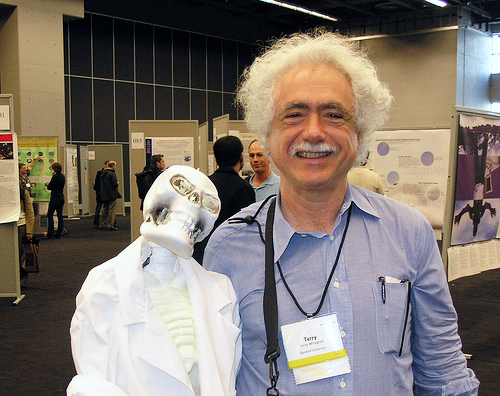
This Einstein-like professor gave Page the idea that led to Google
While working on his dissertation, Page set himself the task of determining which web pages are linked to a given page, and how relevant these links are, given the number and nature of backlinks. As a basis for determining the “weight” and value of backlinks, he took the principle of citation in academic publications. Larry modestly named this ranking algorithm after himself – PageRank, and the research project was named “BackRub”. Soon he was joined by another graduate student at Stanford University – Sergey Brin.
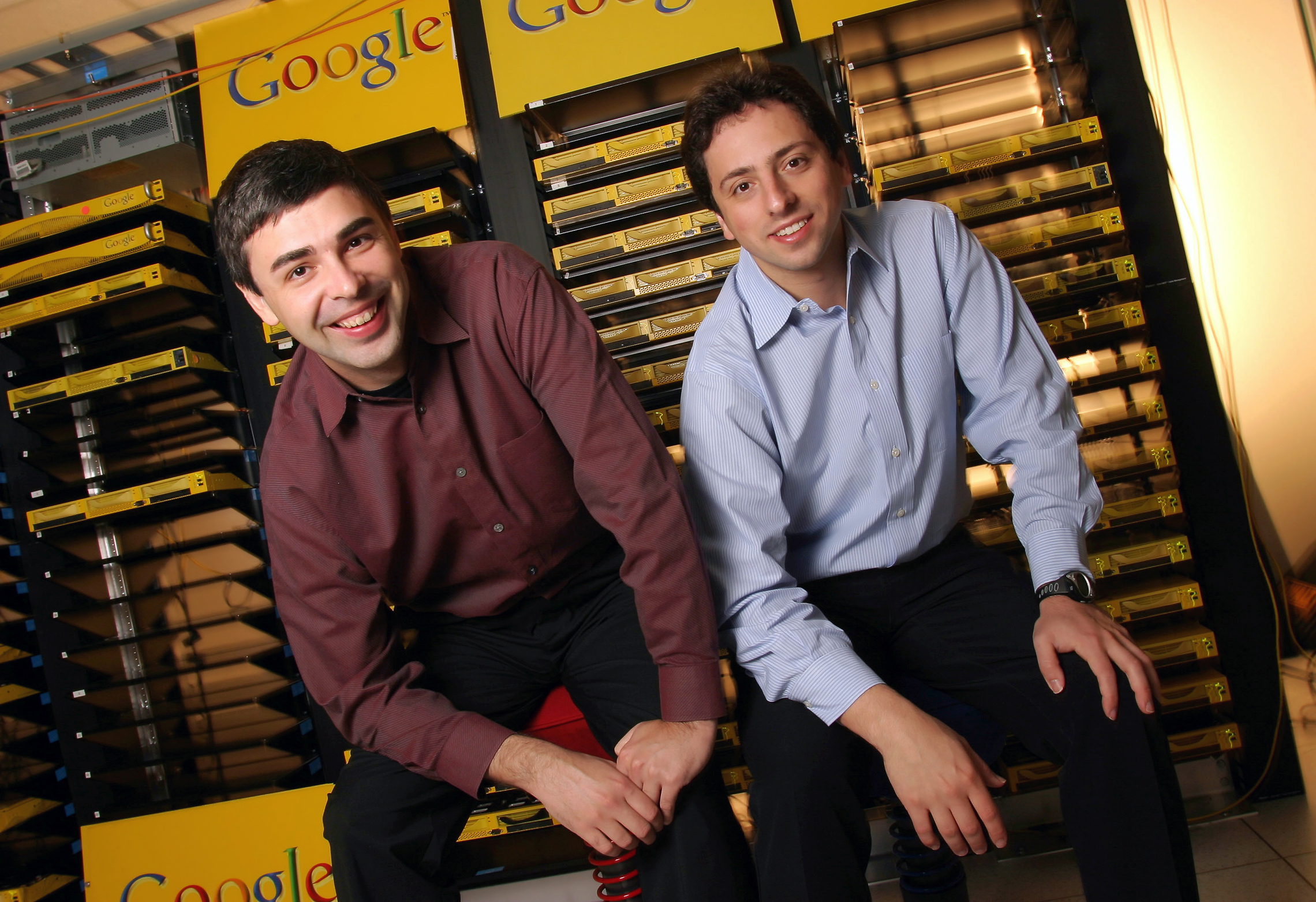
Wired magazine co-founder John Battel wrote:
“At the time Page conceived BackRub, there were roughly 10 million documents on the Web with innumerable links between them. The computational resources needed to traverse such a volume of information were far beyond the usual capabilities of a student project. To understand what he was getting into, Page began to develop his own crawler. The complexity and scope of the idea attracted Brin to work – he was also looking for a topic for a dissertation, and the idea seemed exciting to him.
The student project developed by Page and Brin, which began in Page’s dorm room, where the guys placed their first server, eventually turned into the Google search engine, a company whose capitalization now exceeds the budget of some states of our planet. In 1998, Larry and Sergey founded Google Inc. in Menlo Park, California. The first version of Google was launched in September 1998 and it quickly became popular among Internet users for its fast and accurate search results.
Google’s success can be called truly phenomenal: in 2004, the company went public with an IPO, raising $1.67 billion. The IPO made Larry Page a billionaire and one of the most visible figures in the technology industry – today his net worth is estimated at $93 billion according to the Bloomberg Billionaires Index, making Larry Page the seventh richest person in the world.
Larry Page’s journey from computer science student to co-founder of one of the world’s largest technology companies is unique in its own way. His passion for technology and innovative ideas have had a profound impact on the technology industry and the world at large. Google’s legacy and Larry Page’s vision will shape the future of technology for years to come – today, moving away from the operational management of the corporation (but retaining a controlling stake), he is investing in other promising startups – in particular, in artificial intelligence technologies and the production of flying cars.


